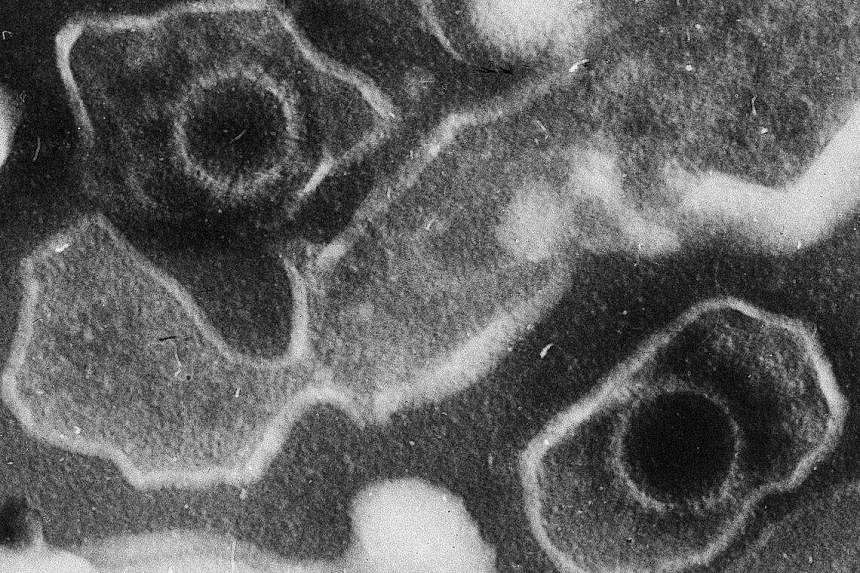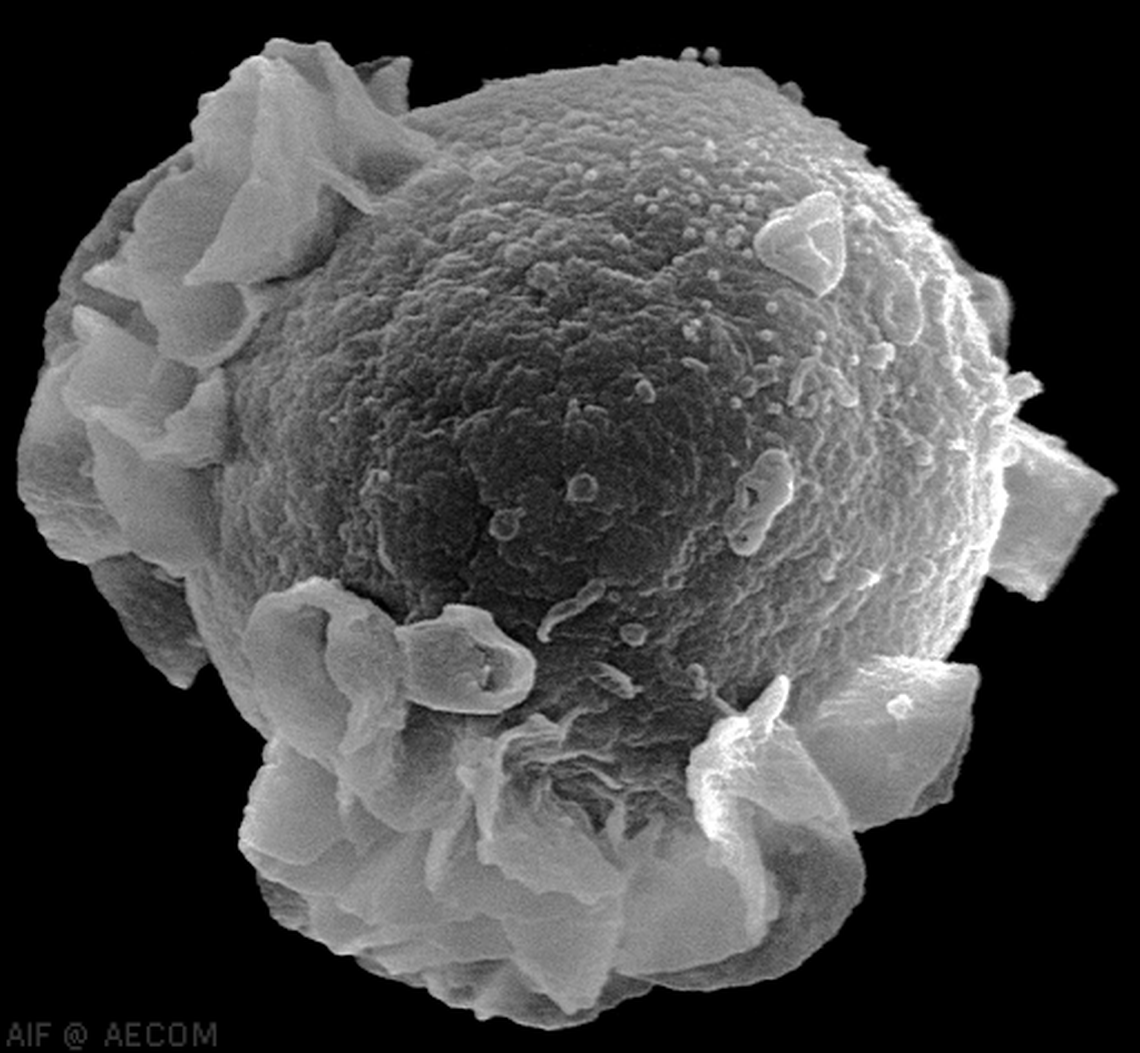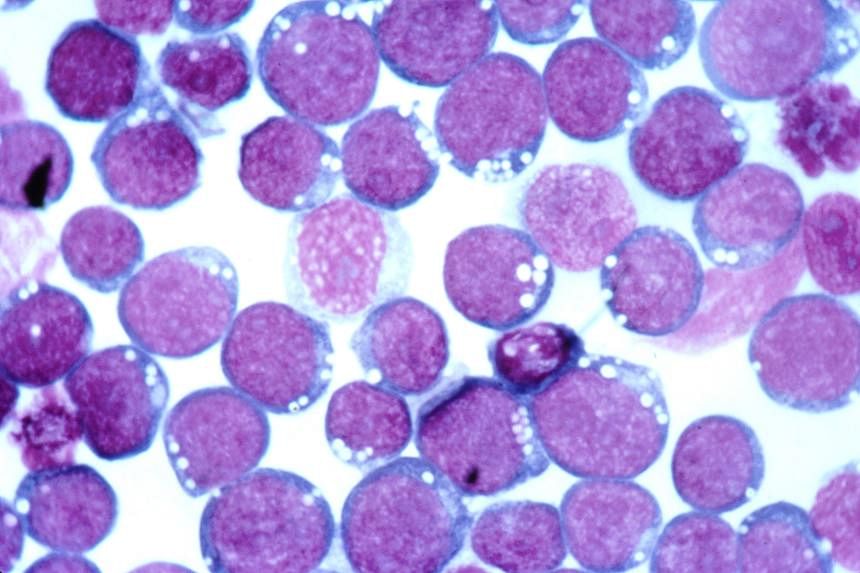SINGAPORE – When national swimmer Nicholas Mahabir began experiencing fainting spells in addition to fatigue and body aches, he went for blood tests in August 2023. The results confirmed he was suffering from the effects of the Epstein-Barr virus (EBV), which has no cure.
The fallout from the infection has impeded his training regimen, possibly disrupting his dream of making his Olympic debut in Paris 2024.
The Straits Times spoke to infectious disease experts to find out more about EBV, and how people who are infected with it cope when there is no cure for it.
Q: What is the Epstein-Barr virus?
A: EBV is a member of the herpes virus family.
The virus is “incurable” in the sense that it stays in the body forever, like chicken pox, said Professor Paul Tambyah, a senior consultant in the Division of Infectious Diseases at the National University Hospital (NUH).
“Once we are infected with a virus like herpes or chicken pox, the virus stays in our body forever and can reactivate any time when our immune system weakens,” said Prof Tambyah, who is also a professor of medicine at the National University of Singapore’s Yong Loo Lin School of Medicine.
Q: Where is it found, and how is it spread?
A: EBV is found all over the world and spreads easily through the transmission of bodily fluids, primarily saliva.
This means it can be spread by kissing, sharing drinks or food and using the same cup, cutlery or toothbrush that someone else uses.
Almost everyone would have been infected with the virus by the time they reach adulthood, said Prof Tambyah, who is also the president of the International Society for Infectious Diseases.
“Most of us contract the virus in kindergarten when we pass toys around after chewing on them,” he added.
After the initial infection, the virus remains in bodily fluids and can be excreted during periods of stress, said infectious diseases expert Leong Hoe Nam of Mount Elizabeth Novena Hospital.
Anyone who comes into contact with the fluids is exposed to the virus, with each previously infected person shedding the virus periodically for life.
As it is extremely common, people do not need to be extra concerned about it – it is the same with the chicken pox virus, which many already have had, or the herpes strain that causes oral ulcers, Prof Tambyah said.
EBV can be detected via a blood test.

Q: What are the symptoms of EBV infection?
A: Symptoms include fatigue, fever, rash, an inflamed throat, swollen lymph nodes in the neck, a swollen liver and an enlarged spleen.
However, most people are asymptomatic or have a mild flu-like illness with sore throat or swollen lymph nodes, said Prof Tambyah.
According to the United States Centres for Disease Control and Prevention, EBV infections in children usually do not cause symptoms. If there are symptoms, they are not distinguishable from other mild childhood illnesses.
Infected people who present symptoms – usually teenagers or adults – get better in two to four weeks. However, some may feel fatigued for several weeks or even months.

Q: How do you treat EBV?
A: There is no specific treatment needed for EBV, said both Prof Tambyah and Dr Leong.
For those who are symptomatic, individual symptoms are treated, such as alleviating a sore throat with lozenges. Resting well and allowing their immune systems to control the virus work best for most people.
In rare cases, the virus can cause cancers, such as lymphoma or nasopharyngeal cancer.
“It is impossible to predict what is going to happen in an individual case, but there are many people (infected with EBV) who have responded well to good rehabilitation programmes,” said Prof Tambyah.
Q: Does EBV infection cause lasting effects?
A: After one gets an EBV infection, the virus stays in the body forever.
In some cases, it may reactivate without causing symptoms. Those with weakened immune systems are more likely to develop symptoms again.
As with other herpes viruses, the aim of long-term management is to identify what causes the latent virus to flare up, and treat symptoms.
In some individuals, the virus has been associated with long EBV syndrome, which is similar to “long Covid”, with chronic fatigue and general symptoms of discomfort and tiredness.
The effects of persistent fatigue can vary among individuals depending on the work they do, said Dr Leong.
For example, this can greatly affect athletes and blue-collar workers, but those working in white-collar jobs will likely not be inconvenienced by it.
He added that there is no test to determine if fatigue is an after-effect of EBV infection.
The US National Institutes of Health has research groups studying long EBV and long Covid symptoms and their interaction, while Prof Tambyah highlighted that NUH’s long Covid clinic has helped many people with long Covid who could have had EBV reactivation.
Also, as in national swimmer Mahabir’s case, EBV can cause mononucleosis, a contagious disease which has symptoms similar to the viral infection.
In the United States, at least one in four teenagers and young adults who get infected with EBV will develop infectious mononucleosis.
A very small number of people have severe EBV infections that affect their blood counts, and develop multiple organ failure, including dropping blood counts and even cancers.
These are thought to be genetically linked – these severe effects tend to occur in boys with some genetic background which makes them vulnerable. There is also an association between EBV and nose cancer, although this is also thought to be genetic in terms of predisposition.
- Additional reporting by Olivia Quay



